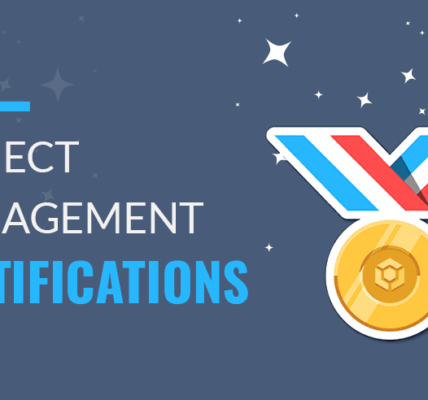Deloitte’s study ‘Disruptive trends on wealth management: An industry in change’ cited that wealth management is high in demand as people seek personalised strategies and services for their financial goals.
In another study, PricewaterhouseCoopers (PwC) revealed that the asset and wealth management industry is projected to reach an impressive $145.4 trillion by 2025.
The asset and wealth management industry’s adoption of cutting-edge technology and good old-fashioned client servicing is creating new job opportunities.
If you are considering a career in wealth management, an online wealth management course can give you a good start for a fulfilling career.
That’s not all! the course might help you manage your finances most strategically, a bonus!
In this article, you will get to know what wealth management is, the role of wealth managers in financial planning, and the benefits of doing a wealth management course.
What is wealth management?

Simply put, well-planned finance is called wealth management.
Wealth management focuses on strategies for managing, growing, and preserving finances and assets.
The strategies focus on reducing financial stress by providing more clarity on financial goals. It helps people to make sound decisions about investment and savings based on the latest market insights.
Billionaires, celebrities, business tycoons, and anyone who makes a great fortune wants a wealth manager to create a tailored approach to their finances.
The services in wealth management include:
- Investment selection
- Finance portfolio management
- Retirement planning
- Tax legislation
- Estate planning
- Legacy planning and beyond
What does a wealth manager do?
A typical day for a wealth manager mainly consists of creating a systemic plan to protect and grow a client’s assets, reduce taxes, and generate wealth.
The job involves a significant amount of paperwork, analysing market trends, and meeting clients that primarily involve high-net-worth individuals.
You will need a bachelor’s degree, ideally related to financial services (business management, accounting, economics, and financial planning) or you can do a specialised course in wealth management after your bachelor’s degree.
Here’s what a wealth manager’s career ladder looks like:
- Analyst associate
- Relationship manager/client advisor
- Business development director
- Senior portfolio/ investment manager
- Partner/private health manager
What are the benefits of taking a wealth management course?
Did you know a wealth manager, on entry level as an analyst, can earn up to £40k – £60k in UK.?
A wealth management course will help learn:
- How to plan your money
- Important aspects of wealth management: setting financial goals and personalised investment policy statement
- Managing liabilities, evaluating risks
- Behavioural finance in making decisions.
- Taxes and how to manage portfolio.
- Different types of assets, stocks, and bonds.
- Increase your chances of getting hired.
What are the key skills for wealth management professionals?
Here are some key skills that wealth management professionals can develop with a wealth management course:
- Analytical skills: Analyse complex financial data, assess investment opportunities, and identify risks.
- Financial planning: Ability to create accurate and comprehensive financial strategies.
- Strategic thinking: Solving problems and getting insights from new market trends.
- Communication skills: Efficient in communicating complex financial info and maintaining strong client relationships.
- Time management: Ability to prioritise tasks and ensure timely service delivery.
Consider enrolling for an online wealth management course from the reputed institution for a rewarding career in wealth management.

Santosh Kumar is an editor at unfoldstuffs.com and a professional content writer. With years of experience he is passionate for creating engaging, informative and impactful topics.









